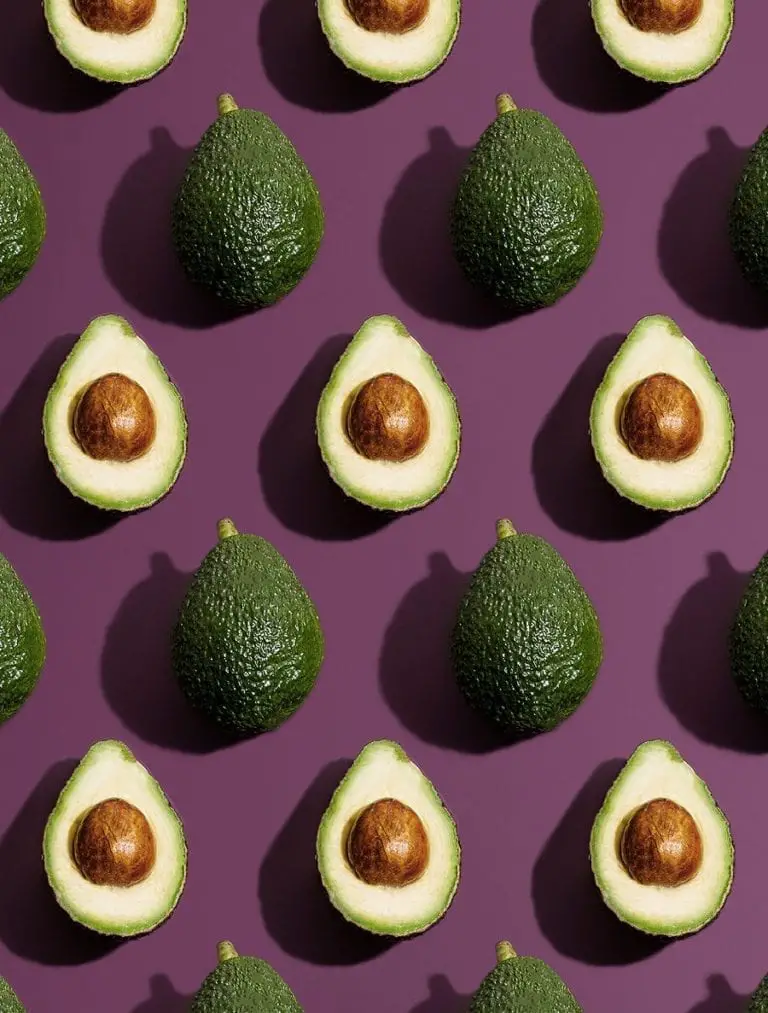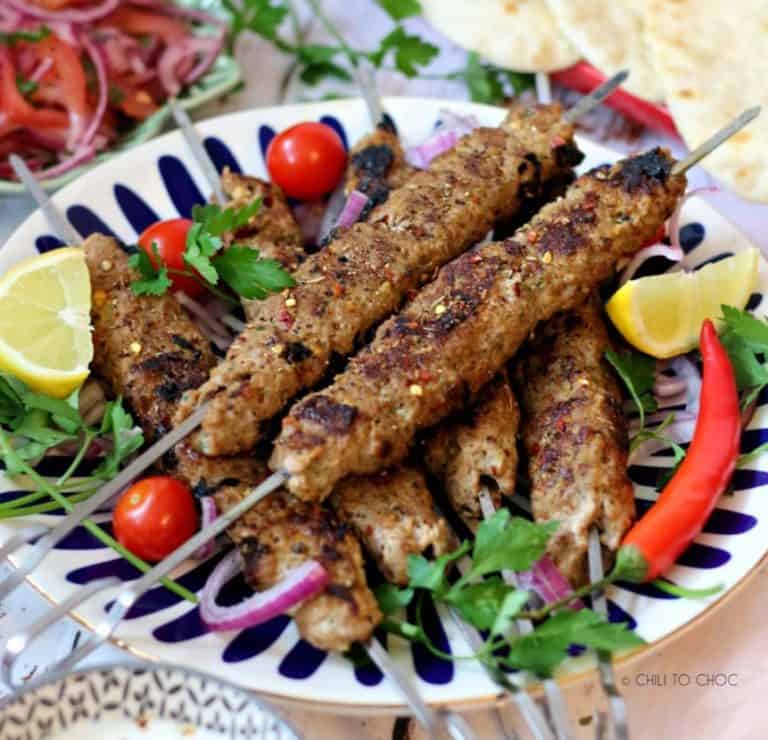Shawarma: Is it Safe for Heart Disease?
Traditional meals are not always as healthy as we might like. These meals were produced originally at a time when food was derived from necessity rather than pleasure. Cardiologists throughout the world struggle to convey essential information to patients with heart disease about what they should and should not eat. Today, we will explore the relationship between shawarma and heart disease to help you make an educated decision for keeping it in your diet regularly or ridding it completely.
Brief History of Shawarma
The origins of foods we hold so dear to our traditional heart are fascinating and the story of shawarma, as we know it today is not that much different than the original donner kabab from the Ottoman Empire in the 19th century. Originally, the donner kabab was derived from various meats depending on the culture of origin. The original form of shawarma was derived from mutton and various meats available during that time.
To make shawarma, meat is cut thin with layers of fat between slices. The combination of meat and fat helps the meat stay moist throughout the extended cooking process. Shawarma is a slow-cooked form of meat placed in a vertical oven. As the meat rotates, it cooks the outermost layers to be sliced off for consumption. Shawarma is common street food but is also available in a variety of sit-down restaurants as well. Today’s shawarma is not merely limited to mutton or lamb, but, turkey, chicken, beef, and veal as well.
So, Is Shawarma a No for Heart Disease Patients?
Heart disease is a broad spectrum of conditions that affect the ability of the heart to pump blood effectively. Some heart diseases can be related to heart rhythm issues, congenital heart defects, blood vessel disease, heart infections, disease in the heart muscle, or heart valve disease. No matter what causes your heart disease, you must work with your physician to determine the best nutrition-rich diet for your needs. Most often, a cardiologist will recommend eliminating or reducing cholesterol from your diet to help improve blood flow through your arteries.
The problem with shawarma is not that it is derived from meat, as essential lean protein is phenomenally healthy for your heart and your total body health. However, the way the meat is layered with fat components is what makes it of some caution for those with heart disease. Congealed fat maintains primary cholesterol that can clog up already strained arteries for heart disease patients. Even though a lot of the fat is poured out during the cooking process, shawarma remains remarkably high in cholesterol.
Nutritional Composition of Shawarma
The individual nutritional composition of shawarma can be difficult to determine as there are a variety of different types of meats and fats used depending on the recipe. Some shawarma recipes will be less fattening than others, but to determine the nutritional composition of shawarma, we will look at the biggest meat culprit heart disease patients should pay attention to, beef.
Beef shawarma is full of intense flavor and is one of the most popular options for those who love this cooking style and traditional dish. Beef shawarma consists of 23g of fat per serving along with 58g carbs and a full 772 calories per serving. Although the benefit of this form of food is the 77g of protein per serving it also houses up to 101 grams of cholesterol. Sodium levels can be high in beef shawarma as well with up to 58g of sodium.
These nutrition facts are not something you will want to present to your cardiologists if they decide to make you track your meals through a dietary journal as many use to get a larger scope of a patient’s overall nutritional intake. You cannot fudge the numbers with shawarma, nor should you try when your health is at risk.
Alternatives to Traditional Shawarma
The desire to eat shawarma can be strong. The scent in the air as the meat slowly rotates around its vertical is sure to draw you in like a moth to a flame, but what is more important? Your desire to eat this traditional food, or your interest in your health. The nutrition value of each form of shawarma may be different, but generally speaking, you should avoid eating shawarma when you have heart disease. However, there are other things you can do.
Although making your traditional shawarma may be out of the question at home, you can utilize the same spice components used in the dish in a different form. Among the healthiest meats found in both shawarma and recommended by your cardiologist is chicken. Chicken when the fat and skin are removed offers a relatively healthy, lean protein. Chicken is highly adaptable to a variety of different traditional foods and shawarma is one of them.
Spice components for shawarma vary by individual recipe but consist of garlic powder, black pepper, allspice, nutmeg, cinnamon, cardamom, chili powder, oregano, salt, and cloves. Play around with these various spices in your chicken recipes and bring the shawarma flavor to you without negatively impacting your heart health. Sauté chicken pieces in healthy blends of oils such as olive oil or one of the many heart-healthy butter components on the market today.
You will find as you change up the protein to a healthier version while using the same spices, you will miss traditional shawarma less and less. It may take some getting used to, but adapting your diet to a more heart-healthy form will help you live longer without feeling as though you are missing out on your favorite foods.
Can I Have a Little Even if I Have Heart Disease?
Ok, so it is unfeasible to eliminate a favorite food from your diet. Shawarma is traditional and in many ways, reminds us of our roots, but careful consideration for your health should always be at the forefront of your mind. You cannot eat as you used to and high cholesterol, high fat, high sodium foods are simply not healthy for your diet. However, any doctor will tell you that moderation is the key ingredient in balancing your food desires with the nutritional needs of your body.
Understandably, you will want to have shawarma on occasion and that is ok, but remember to keep it at a minimum. Do not try to eat shawarma regularly as it will negatively affect your total body health. If you are out with family or friends and they suggest shawarma, there is no need to shy away from the experience and time with those special people. The key is to keep your portions small and not overindulge. Shawarma is a very filling dish and when combined with various vegetables and healthy bread, you can ensure you are providing your body with essential nutrients with minimal meaty components.
You do not have to give up every food you love when you are contending with heart disease. Moderation when it comes to unhealthy foods will help you find the balance your body requires. Take time to evaluate how often you eat shawarma and ensure you are only eating it moderately.







